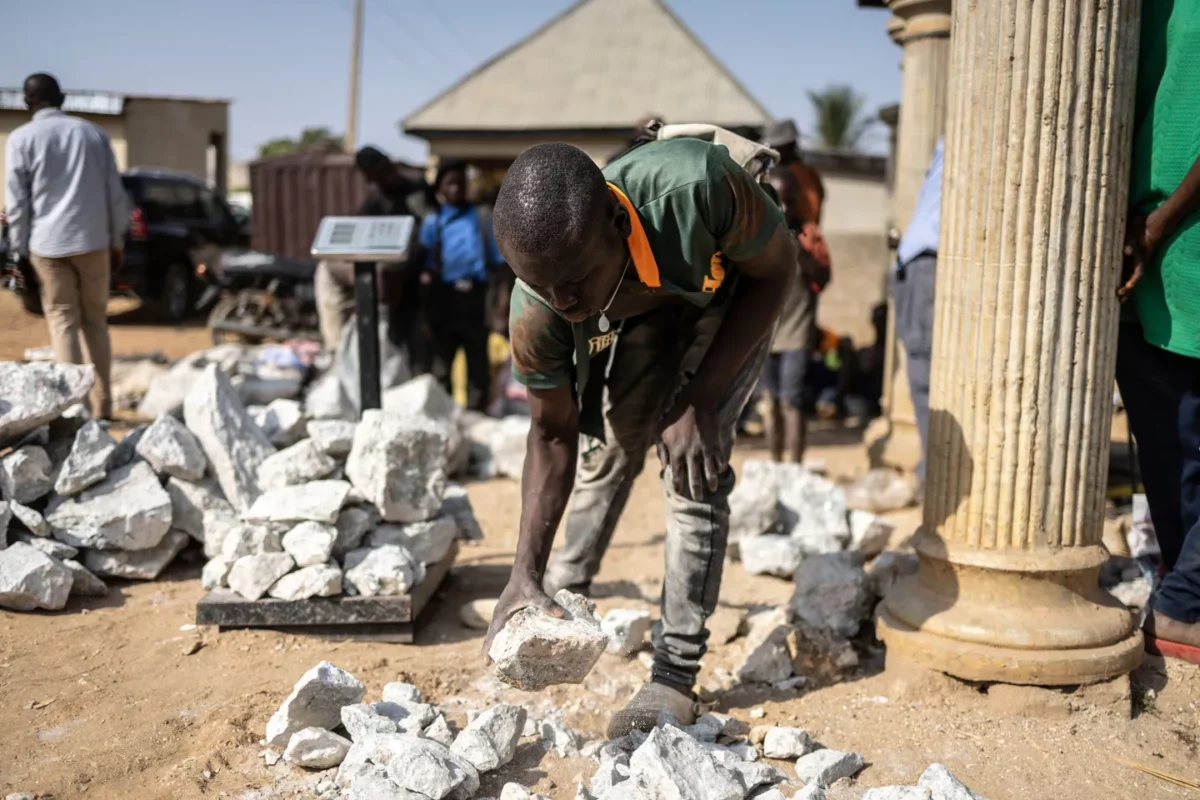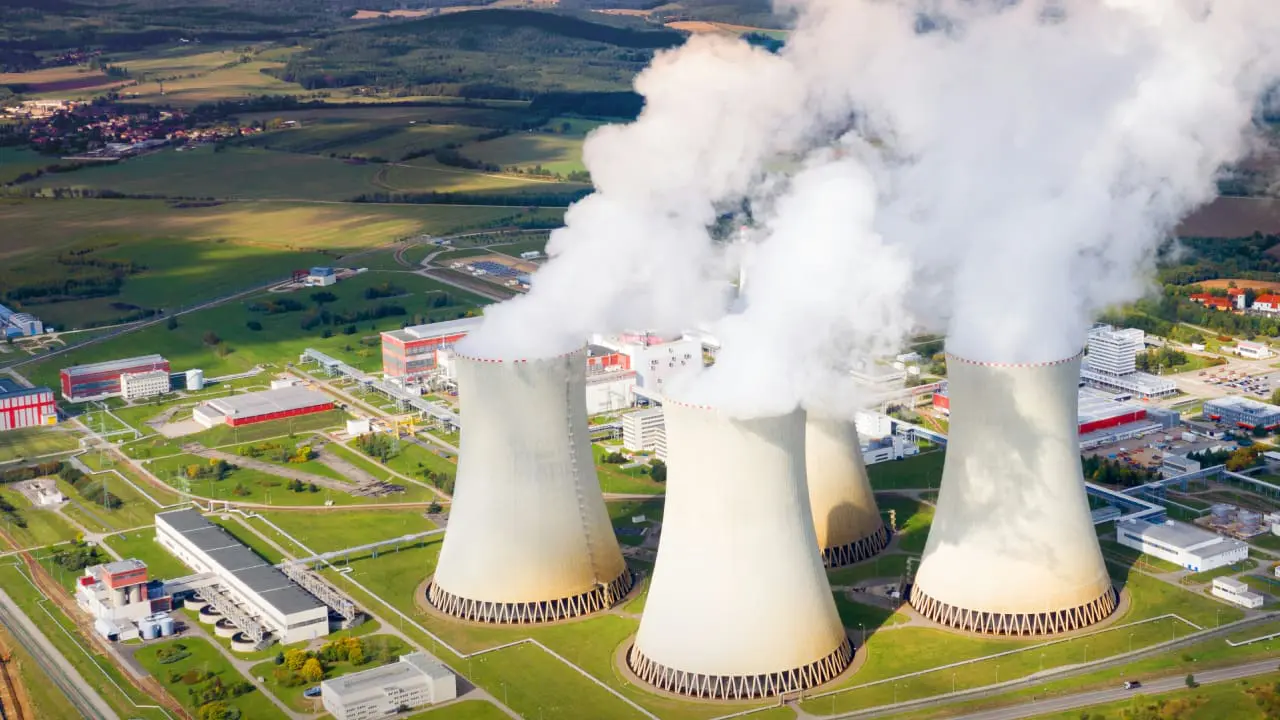Written By: Faith Jemosop
Nigeria is set to open $800 million worth of lithium processing factories this year, thanks to Chinese funding and the implications could be massive. This development signals a new chapter in the nation’s quest for economic diversification, industrial growth, and participation in the global green energy revolution. But what does it really mean for ordinary Nigerians? Is this a win or just another extraction deal dressed in modern tech?
Let’s break it down.
Lithium: Nigeria’s New Oil?
For years, Nigeria has depended heavily on oil. But with global efforts shifting toward clean energy and decarbonization, countries are looking for new minerals to power the future. Enter lithium known as “white gold” a key component in batteries used for electric vehicles (EVs), solar power storage, and smartphones.
Nigeria has been quietly sitting on lithium reserves, especially in states like Nasarawa and Kogi. Now, with China stepping in to fund processing factories, Nigeria has a shot at becoming a significant player in the global lithium market.
But here’s the kicker: this time, it’s not just about digging and shipping raw materials. The goal is to process lithium locally, adding value before export. That’s a game changer.
So, What’s in It for Nigeria?
Economic Growth
Processing lithium in country means we’re not just exporting raw minerals and importing expensive finished goods. We’re moving up the value chain. That can translate to:
- Increased national revenue
- Greater foreign exchange earnings
- Local business opportunities across logistics, construction, and services
Job Creation
These factories aren’t just shiny buildings, they’re employment machines. From engineers to machine operators, cleaners to caterers, thousands of jobs could emerge. And if the factories partner with universities or vocational institutions, we might see a new generation of skilled workers in tech and mineral processing.
Industrialization Drive
This project aligns perfectly with the Federal Government’s push to diversify the economy beyond oil. Lithium processing plants are part of a broader solid minerals strategy. This could be Nigeria’s leap into a new industrial age if done right.
Why Is China Interested?
Now, let’s talk about China. Why are they dropping $800 million on Nigerian lithium?
Simply put, China is the world’s largest EV producer and a dominant force in green technology. To stay ahead, they need a steady supply of critical minerals like lithium, cobalt, and nickel. African countries, including Nigeria, are becoming key suppliers.
But here’s the twist, China isn’t just buying minerals they’re investing in processing. That gives them greater control and influence across the supply chain.
Also read: How Are Nigerians Quietly Building Their Own Electricity And Why Is No One Talking About It?
This is part of China’s broader Belt and Road Initiative (BRI), which has seen Chinese companies build railways, ports, and energy plants across Africa. Some call it smart economic diplomacy. Others worry it’s 21st-century resource colonization.
Is Nigeria Ready for This?
That depends on how the deal is structured. Here are a few big questions Nigerians should be asking:
Who Owns What?
Are these factories 100% Chinese-owned, or are there Nigerian stakeholders? If not, are there equity or profit-sharing models? Ownership matters because it determines who benefits most in the long run.
Where’s the Local Content?
Will Nigerians be hired at all levels, from entry-level to management? Will there be technology transfer, or are we just watching the machines work?
What About the Environment?
Lithium processing isn’t without its challenges. It’s energy-intensive and can pollute air and water if not properly managed. What regulations are in place? How will we prevent communities from being poisoned while the nation profits?
How Do Communities Benefit?
Mining communities often suffer the most displacement, water contamination, and loss of farmland are common stories. We need policies that ensure host communities receive a fair share, whether through jobs, infrastructure, or community development funds.
What Could Go Wrong?
Let’s be real Nigeria has a history of mismanaging resource booms. Oil. Gold. Even agriculture. So what’s to stop lithium from becoming just another missed opportunity?
Here are a few red flags:
- Opaque contracts that favour foreign firms over local needs
- Environmental degradation with no accountability
- Elite capture, where only a few benefit while the rest stay poor
- Overdependence, if we focus only on lithium and ignore other sectors
Also read: Why Over 3 Million South Africans Still Live Without Access to Electricity
But the difference this time is global urgency. The green energy transition is happening fast, and Nigeria has a narrow window to become more than a raw material supplier.
What Should Nigeria Be Doing Now?
If policymakers are serious, here’s what they need to focus on:
1. Transparency
All agreements with Chinese investors should be made public. Citizens and civil society must know what’s being exchanged and for how much.
2. Capacity Building
We need training programs to equip Nigerians with the skills to run these plants. Technical colleges, engineering faculties, and even short-term courses can prepare a local workforce.
3. Environmental Protection
Enforce strict environmental standards. Set up independent bodies to monitor waste disposal, water quality, and air emissions. Don’t let profit blind us to long-term harm.
4. Local Participation
Involve local businesses in the supply chain—transport, catering, maintenance, legal services. This spreads the wealth beyond just salaries.
5. Revenue Sharing
Use lithium proceeds to fund schools, hospitals, and infrastructure—not just plug budget holes. Let the people see the benefit.




